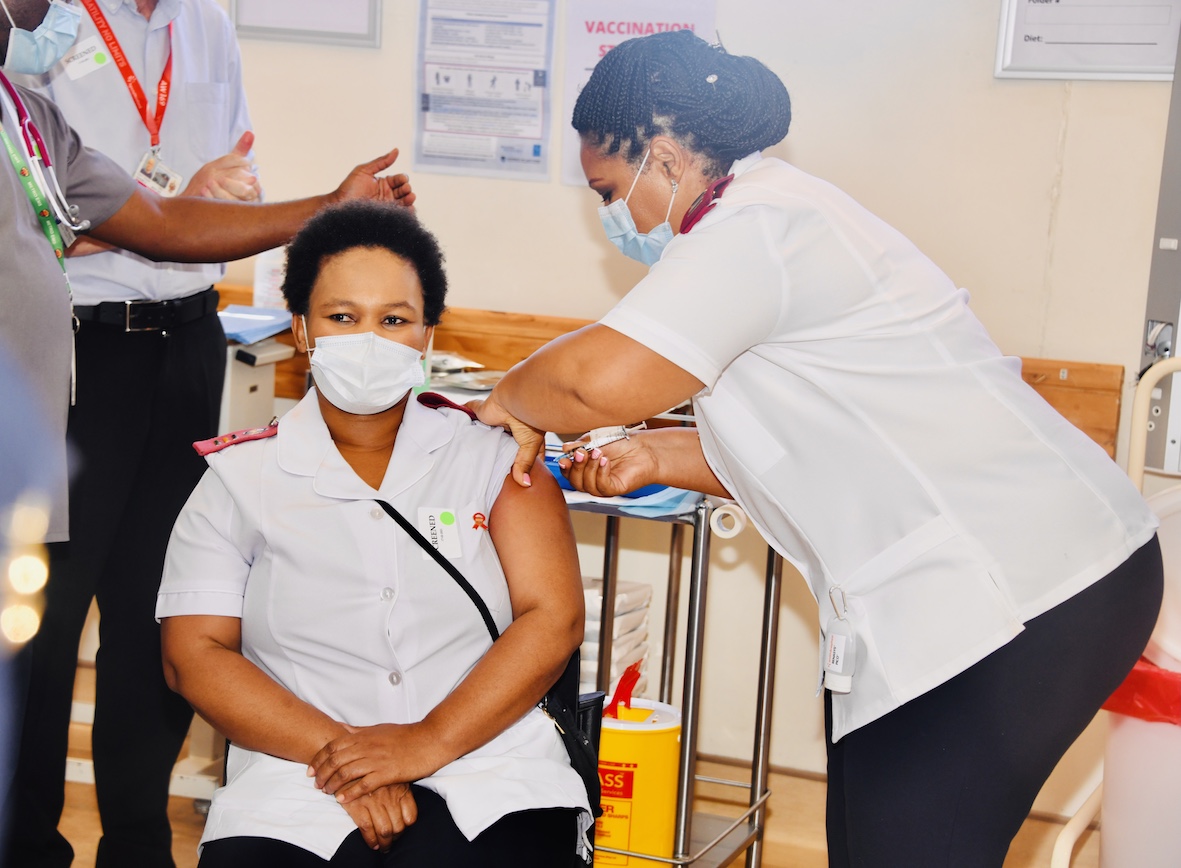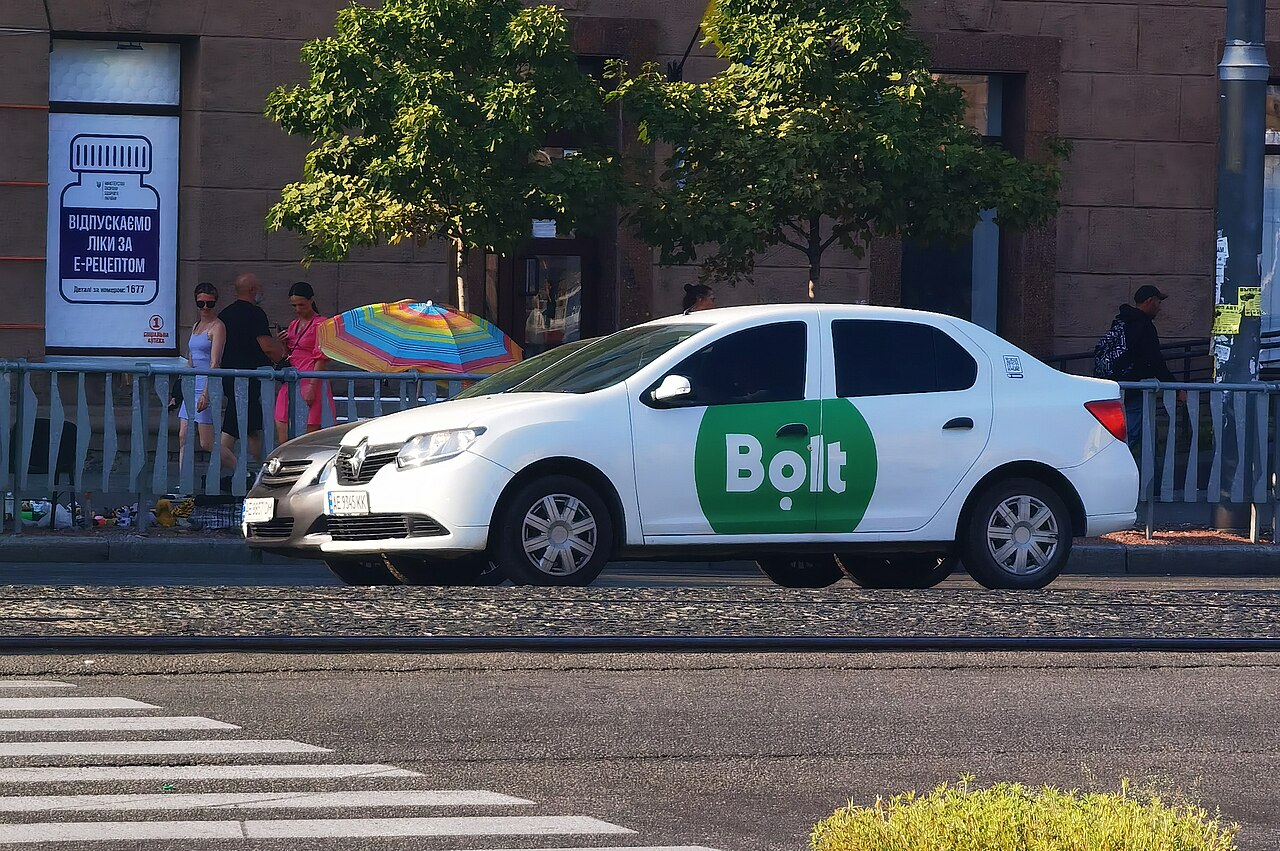The day has arrived! President Cyril Ramaphosa has signed the long-awaited National Health Insurance (NHI) Bill into law today, 15 May, at the Union Buildings in Pretoria.
The intention behind NHI is to pool funds from taxpayers to ensure all South Africans have access to quality and affordable personal health services. Essentially, all South Africans, regardless of their socio-economic status, will receive the same healthcare. Once the NHI has been fully implemented, private medical aid will not be able to cover services paid for by the NHI. This will even the playing field between the well-resourced private sector and the poorly-resourced public sector, a persistent remnant of apartheid’s policies, which has precipitated unequal access to health services for specific race and class groups.
President Cyril Ramaphosa will today, publicly sign into law the National Health Insurance Bill which directs transformation of South Africa’s health care system to achieve universal coverage for health services and, through this, overcome critical socio-economic imbalances#NHI pic.twitter.com/IDuQJ7jQQ9
— South African Government (@GovernmentZA) May 15, 2024
If you’re struggling to keep up with the news everyone has been talking about — and some people downright hyperventilating — you’re not alone. Here are the responses from political parties:
Democratic Alliance: Panic Stations, Everyone!
John Steenhuisen, leader of the Democratic Alliance (DA), has expressed strong disapproval, describing the decision as a “cheap stunt by an increasingly-desperate and populist ANC,” ahead of the upcoming elections. Steenhuisen highlighted the panic triggered among citizens, saying, “This announcement has sown widespread panic among the people of South Africa.”
Steenhuisen accused Ramaphosa of prioritising political gain over public welfare. “The DA will, upon its signing into law by Ramaphosa, challenge the ANC’s NHI all the way to the Constitutional Court,” Steenhuisen declared, emphasising the party’s commitment to blocking what he termed a “devastating legislation.”
ActionSA: Here Comes the Corruption
ActionSA isn’t exactly throwing a party, either. ActionSA’s Kgosi Letlape stated that the bill, in its current form, could lead to corruption similar to what was witnessed during the COVID-19 pandemic, when billions vanished in PPE and related corruption. “While the NHI is well-intentioned to address healthcare inequality in South Africa, however, in its current form, it is opening the health system to corruption,” Letlape stated.
EFF: Nice Idea, Wrong Execution
Even the Economic Freedom Fighters (EFF), usually up for a revolution, aren’t thrilled. EFF leader Julius Malema offered a nuanced critique, supporting the concept of universal healthcare but rejecting the ANC’s implementation plan. “We are not opposed to NHI, but this NHI that says you can go to a health facility close to you, it means all the private hospitals that they say we now have access to, only white people will have access to them,” Malema argued. He called for a truly inclusive healthcare system that benefits all South Africans, regardless of their location.
Rise Mzansi: A Step, But Not a Leap
Rise Mzansi’s Songezo Zibi offered a measured response, supporting the principle of universal healthcare but warning against over-reliance on the NHI Bill as a remedy to South Africa’s healthcare delivery. “We must be careful not to believe that the NHI Bill is a silver bullet. The fundamental problem that we have to solve is to ensure that every home is only 15 minutes away from a well-equipped health facility, with properly trained healthcare workers,” said Zibi.
ACDP: Brace for Brain Drain
Marie Sukers, ACDP Member of Parliament, expressed scepticism, arguing that the government’s past failures cast doubt on its ability to effectively implement the NHI. “The blatant truth is that the failures of this government make the implementation of the NHI impossible,” said Sukers. She added, “NHI will lead to an exodus of healthcare professionals and cause another brain drain in the health sector. We maintain our position that the government does not have the capacity to be the sole arbiter of health services in South Africa.”
ATM: Finally, Something to Cheer About!
On the flip side, the African Transformation Movement (ATM) welcomed the NHI Bill with open arms. ATM leader Vuyo Zungula praised the bill as a step toward equitable healthcare. “The NHI Bill aligns with our commitment to improving healthcare services and addressing disparities in access to medical care across the country,” stated Zungula.
The ANC: Equality, Whether You Like It or Not
President Ramaphosa, meanwhile, had some choice words for the critics. “The opposition is coming from well-to-do, rich people. We are going to have equality, whether people like it or not,” stated Ramaphosa. Ramaphosa’s message was clear: the NHI is here to stay, and he’s not about to back down. ANC chief whip Pemmy Majodina celebrated the signing, remarking, “We have been patiently awaiting this precious moment as we passed this bill with majority votes. We are happy he finally got the pen.”
While the bill may have been signed into law, the implementation process before NHI comes into operation is expected to take a significant amount of time. According to Health Minister Dr Joe Phaahla, the NHI will be implemented in phases, with the establishment of the Board and other key committees only scheduled between 2026 and 2028. However, this timeline may not take the DA’s legal challenges into account. The private healthcare industry is expected to fight this, too.
As the nation anticipates the implementation of the NHI, the debate surrounding its potential impacts and execution continues to intensify, reflecting the deep-seated concerns and hopes of South Africans across the board.




